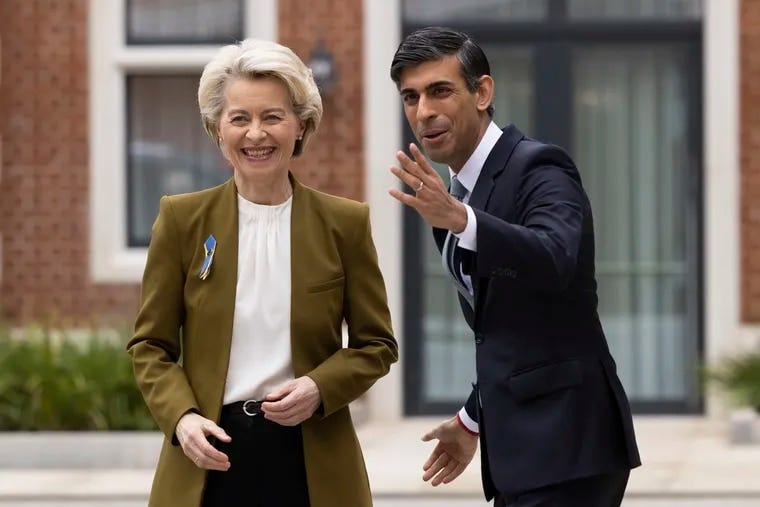Did anyone really imagine, on that glorious June morning in 2016 when we woke up to find that the people of the United Kingdom had voted to gain independence from European control over the laws passed by their democratically elected parliament, that they would actually b…
Keep reading with a 7-day free trial
Subscribe to Melanie Phillips to keep reading this post and get 7 days of free access to the full post archives.




